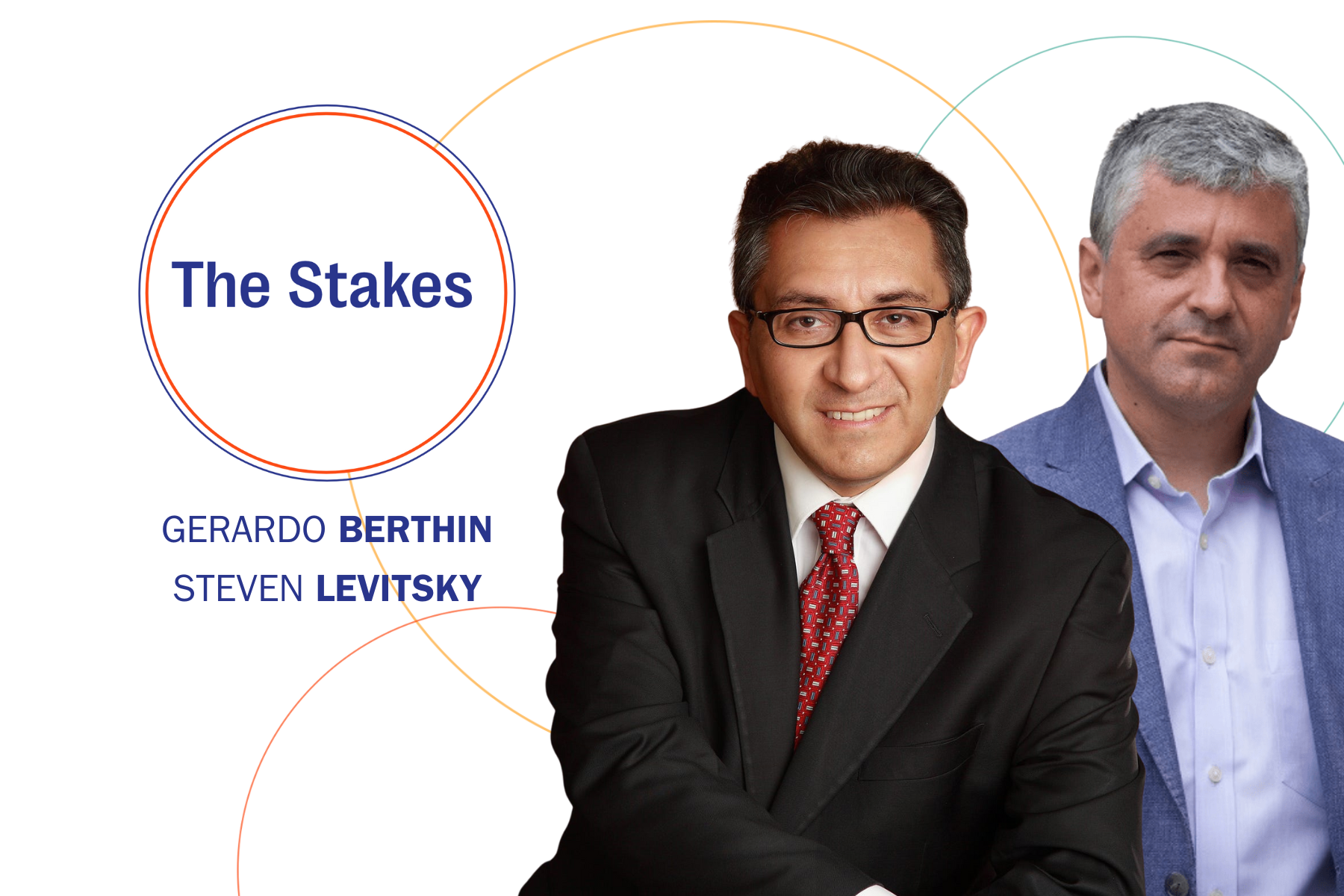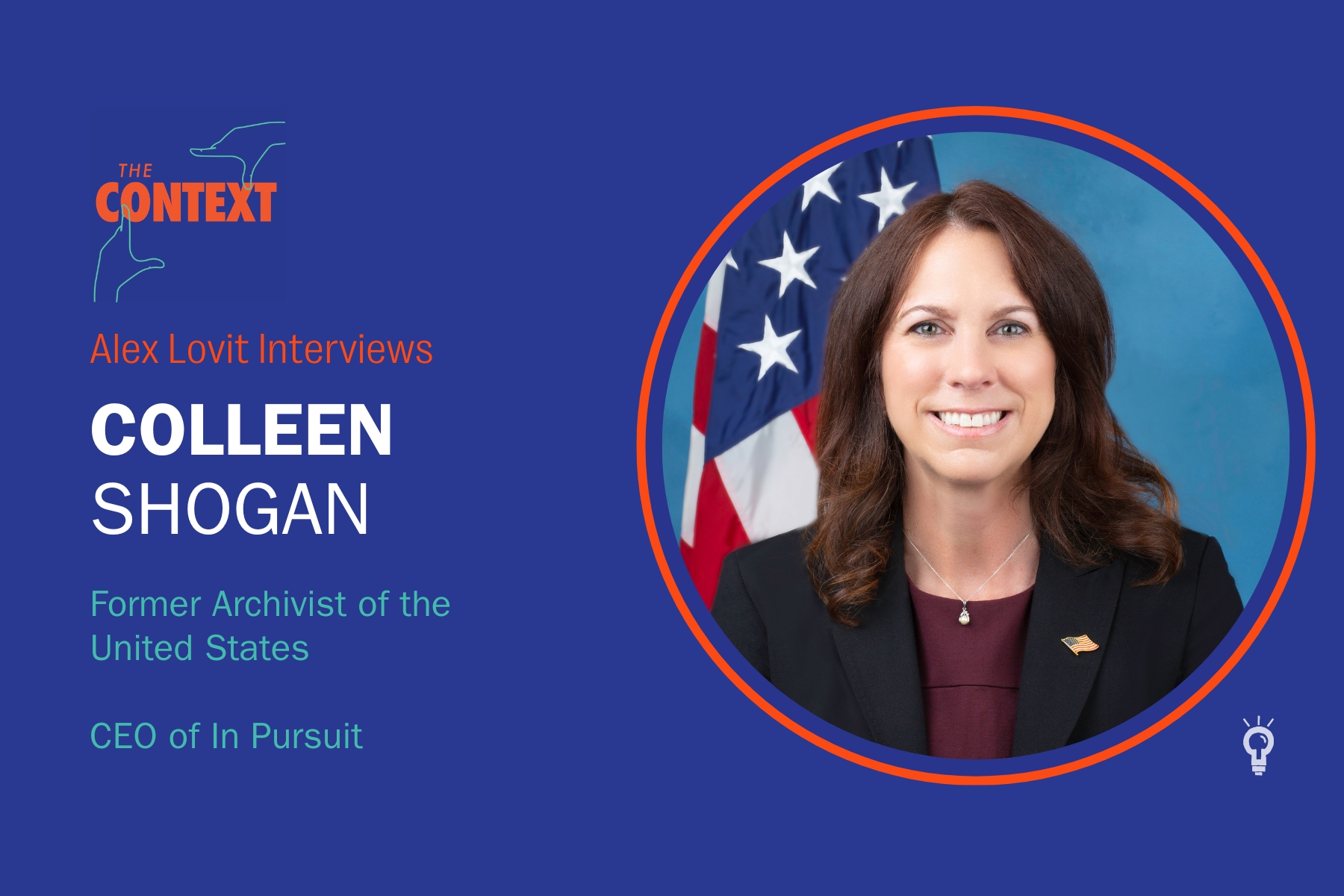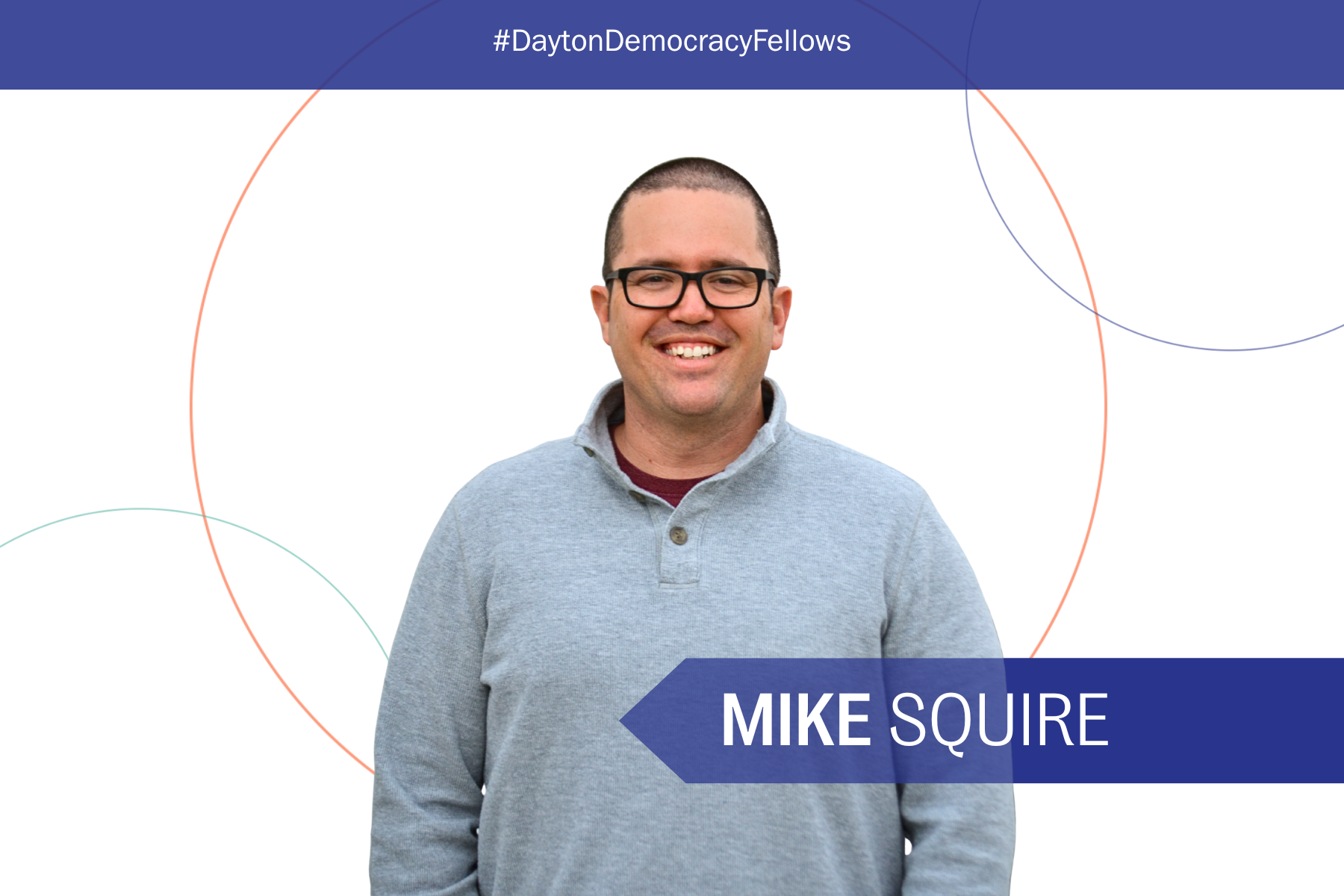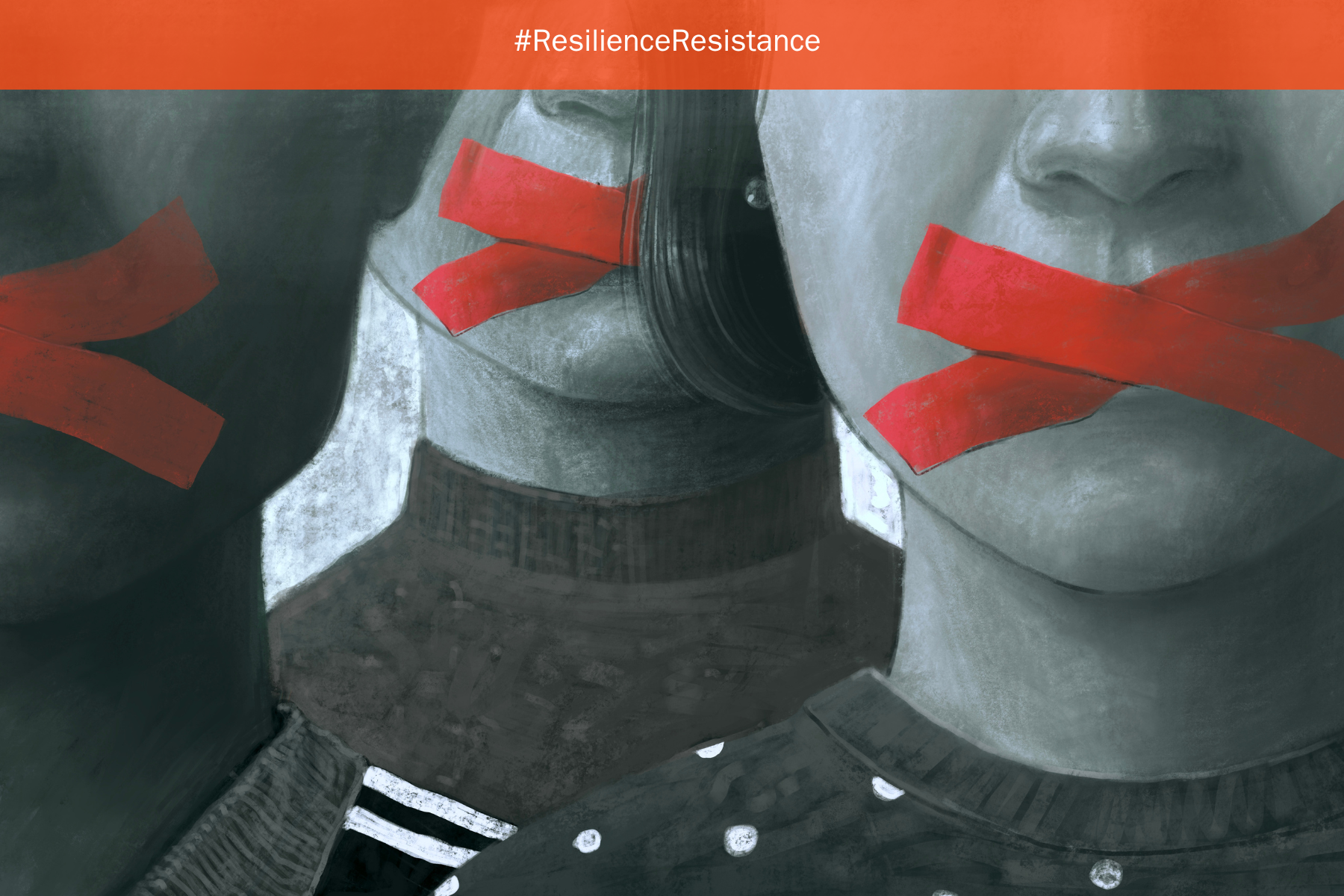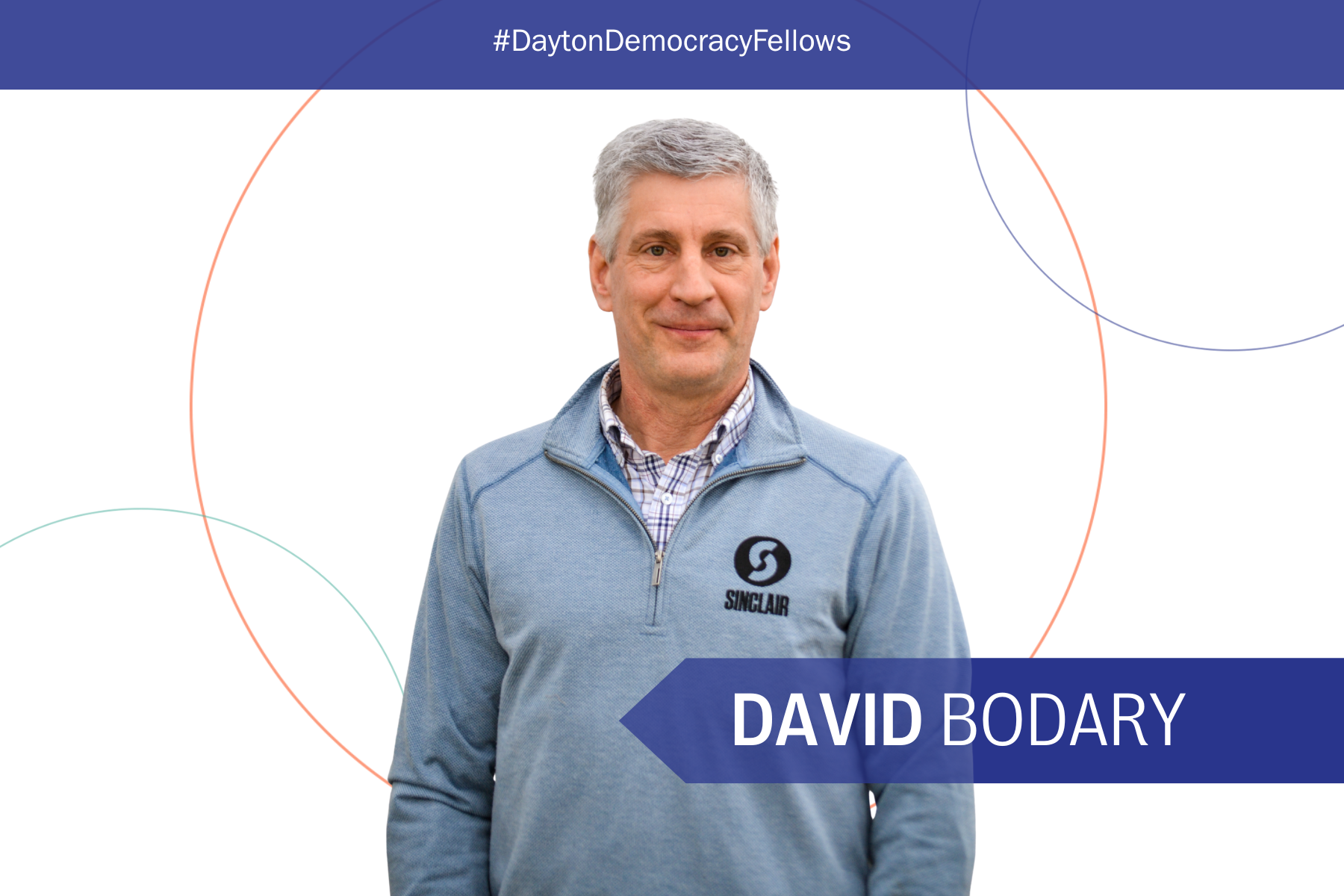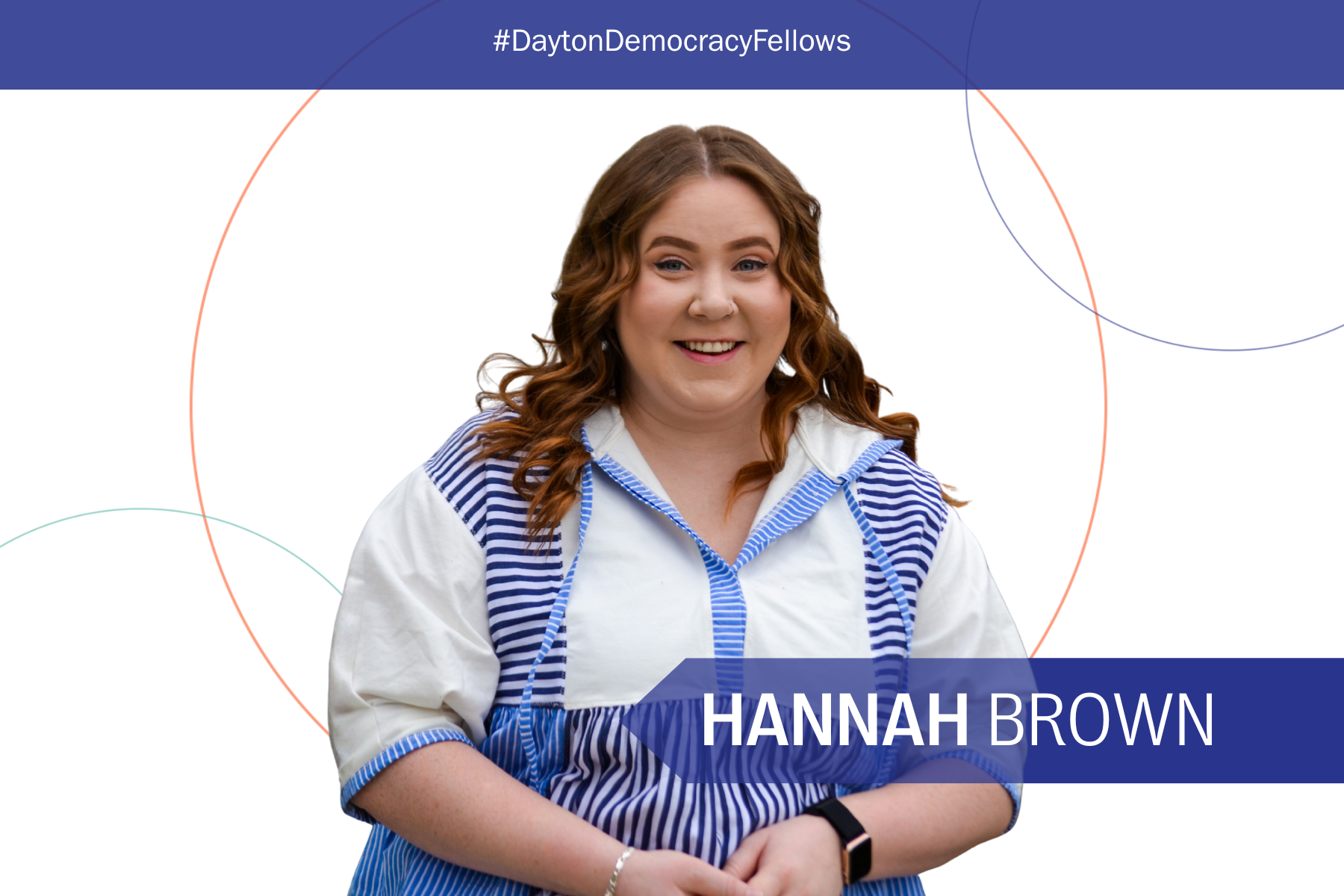Fabrice Juin Hopes to Do His Job So Well He Eliminates It
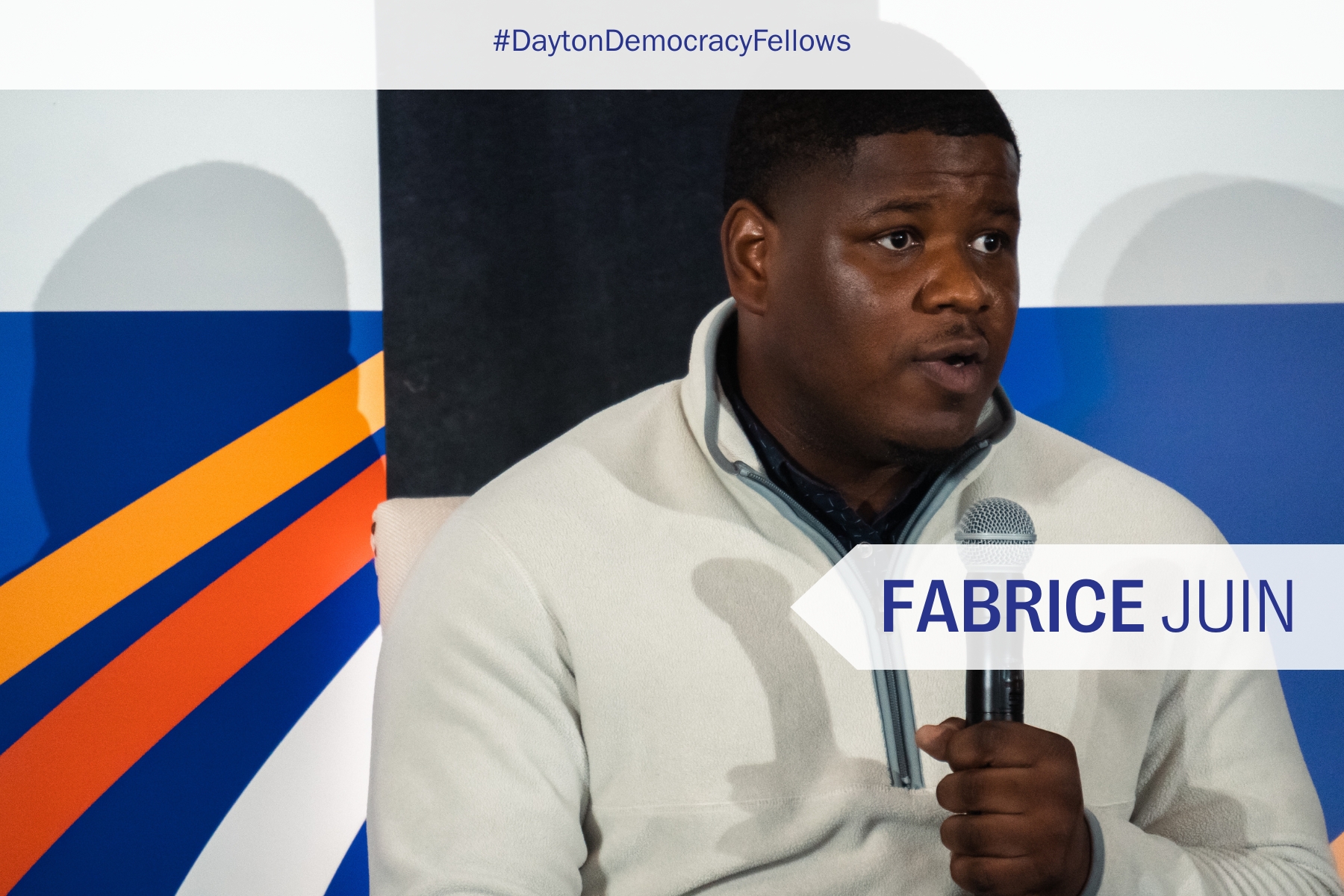
The Kettering Foundation’s Dayton Democracy Fellowship is a one-year program that supports innovative leaders, changemakers, and dreamers who are building movements for inclusive democracy in their communities and in our wider world. This series of articles about the Dayton Democracy Fellows highlights their robust work and the powerful narratives that drive the advancement and defense of democracy.
At only 27 years old, Fabrice Juin works to close gaps and build bridges, but not those made of steel and concrete. The bridges he builds involve making sure that low-income and vulnerable populations get equal access to a wide variety of resources, from health care and decent housing to banking and the internet. He does so as the regional equity initiative manager for the Institute for Livable and Equitable Communities at the Miami Valley Regional Planning Commission. “I like to explain my role as ensuring that as we move the region forward, we’re not leaving anybody behind,” said Juin.
A native of Haiti, Juin is a 2024 Dayton Democracy Fellow, adding this role to a job that already has a little bit of everything. One day he might work on making transportation across the Miami Valley more widely available. The next day he might be data mapping to figure out what areas have the greatest need.
Currently Juin is focused on three main projects. The digital equity project prioritizes underserved and rural communities. “Nowadays, internet connection is nearly as important as water, as important as electricity . . . people should have access to it, ideally, no matter what’s in their pocket,” he said.
The second focus area involves environmental justice. An environmentally friendly community does not immediately equate to being an environmentally just community, Juin said. Few in the region are discussing the environment through a justice perspective, and it isn’t just air and water quality.
“Does a young person in our community, when they step outside of their home, see a park? Do they see an opportunity for them to engage in their community as a young person?” he asked.
Juin pointed out that it is easy for some to say that households in poverty do not manage their money well, but many underserved areas in Dayton don’t have even a single nearby bank. “That, too, is part of environmental justice,” he said. “We’re looking at the whole issue from food insecurity to socioeconomic potential and vitality.”
The last focus area is housing. Juin works to prevent homelessness and evictions. If residents pay rent, the agency wants to know if there is mold present, and whether renters are being exposed to lead. Another priority is making sure rental properties have central heat.
“We’re leveling the playing field,” he said. “If you’re going through an eviction proceeding and your landlord is coming with a lawyer, you should have one as well.”
Juin thinks of democracy as giving individuals the power they need to improve their lives. “There continues to be a disconnect between decision-makers and those that have to deal with their decisions. A lot of the work that I try to do is to make sure that in 5 or 10 or 20 years, you don’t need somebody like me . . . We won’t need a regional equity initiative manager because we put the power in the individual’s hands.”
One way Juin is working to give individuals power is ensuring that public meetings are accessible to everyone, accounting for those that work from 9 to 5 or overnight, or those who need to be reimbursed for travel. “The opportunities for involvement have to be highly accessible and inclusive,” he said. “Beyond just voting, I want the average community member to have a stake and the ability to contribute to the direction of their neighborhoods.”
It also comes down to dollars and cents.
Juin mentioned the Justice40 Initiative of the Biden administration, which stipulates that 40 percent of federal dollars must go to “disadvantaged communities that are marginalized by underinvestment and overburdened by pollution.” He wants a significant portion of any grant he applies for to go to poorer neighborhoods.
Juin’s mission is in his job description, but it is also personal. His family lived in low-income housing projects in Jamaica, Queens, New York. It made him want to help others in the same situation.
“I’ve seen how my parents got treated because English is not their first language,” he recalled. “It’s what I’ve taken in throughout my childhood and adulthood. Somebody needs to be fighting for those people.”
Juin works on housing issues with Destiny Brown, another Dayton Democracy Fellow and founder of the Dayton Tenant Union. Juin feels hopeful about the collaboration among all 15 diverse Dayton Democracy Fellows. “There’s an opportunity for us to find a way to connect all of our efforts together,” he said.
Maura Casey is a former editorial writer for the New York Times and has worked with the Kettering Foundation since 2010.
The Charles F. Kettering Foundation Dayton Democracy Fellowship is a one-year program designed to support innovative leaders, changemakers, and dreamers who are building movements for inclusive democracy in their communities and in our wider world.

